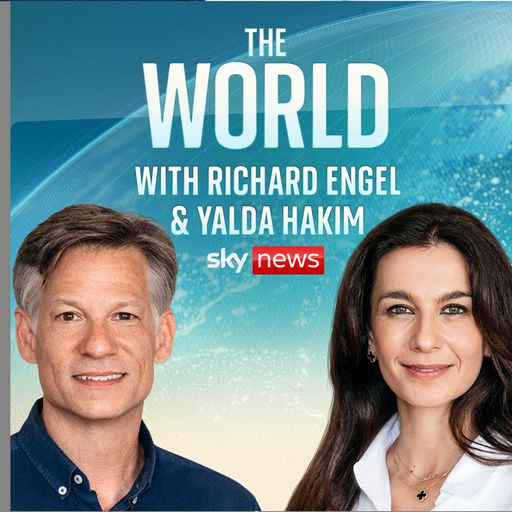Pakistan has “the upper hand”, according to the country’s minister of information and broadcasting.
After last week’s intense clashes with India, Attaullah Tarar said they had scored a “victory as visible as daylight”.
He said Donald Trump had been “pivotal” in securing a ceasefire and he was hopeful the American leader could help bring together the two nuclear-armed neighbours to solve the enduring conflict in Kashmir.
“I think the US president made it abundantly clear that he would like to resolve issues, including Kashmir,” Mr Tarar said.
“So, let’s see how things unfold in the near future.”
But that may be very wishful thinking.
India has ruled out formal talks on Kashmir since 2016 and, in his first address to the nation since the clashes began last week, Prime Minister Narendra Modi made clear terrorism was the only issue he wanted to discuss with Pakistan.
Mr Modi, who has been relatively muted since the truce was agreed, said Pakistan will have to get rid of its “terrorist infrastructure” if it wants to be “saved”.
There has been speculation that India’s strongman was annoyed that Mr Trump announced the truce first and has been under pressure domestically to look and act tougher on Pakistan.
In his first comments since that truce, Mr Modi said earlier on Monday that India has only “paused” its military action and will “retaliate on its own terms” to any terror attack.
“We will be monitoring every step of Pakistan,” he added in an address to the nation.
Islamabad has consistently denied any connection with last month’s deadly attack on civilians in Pahalgam, in Indian-administered Kashmir.
And the country’s information minister accused New Delhi of “failing miserably” to produce a “single piece of evidence linking Pakistan to the Pahalgam incident”.
Pakistan’s denials
India claims their recent strikes on Pakistan targeted two terror groups with links to Pakistan – Lashkar-E-Taiba (LeT) and Jaish-e-Mohammed.
LeT is accused of carrying out the Mumbai attacks in 2008 and has connections to the Resistance Front, which India alleges carried out this recent attack in Pahalgam.
But the country’s information minister rejected the idea they even exist.
“I completely deny any safe havens or terrorist camps in Pakistan,” he added.
Pakistan, he argued, “is the biggest victim against terrorism”.
“We are fighting these terrorists day and night on our western regions, in our western borders, and we are dealing with these terrorists in the best way possible,” he added.
The uneasy truce
The truce between the two nuclear neighbours is fragile and could easily unravel.
What brought them both to an agreement so suddenly has been the subject of intense speculation.
Read more:
Intervention in Kashmir is poisoned fruit
Trump faces criticism over Kashmir post
Terror group supporters posted online from site targeted in strikes
But as he left the White House, bound for the Middle East, Mr Trump maintained trade had been a “big reason”.
That may have been enough to get the two sides to back down, but getting them to stay there will be much harder.
Mr Modi and Mr Trump’s relationship will be tested by this moment. Meanwhile, Pakistan appears jubilant, declaring this a huge win and a source of great national pride.
This story originally appeared on Skynews




